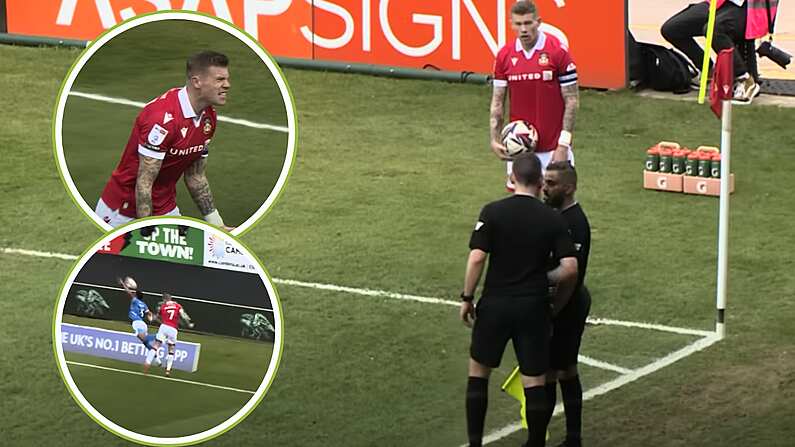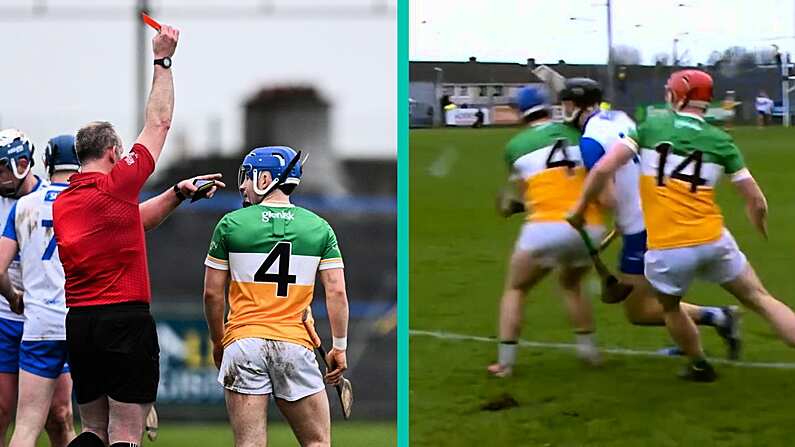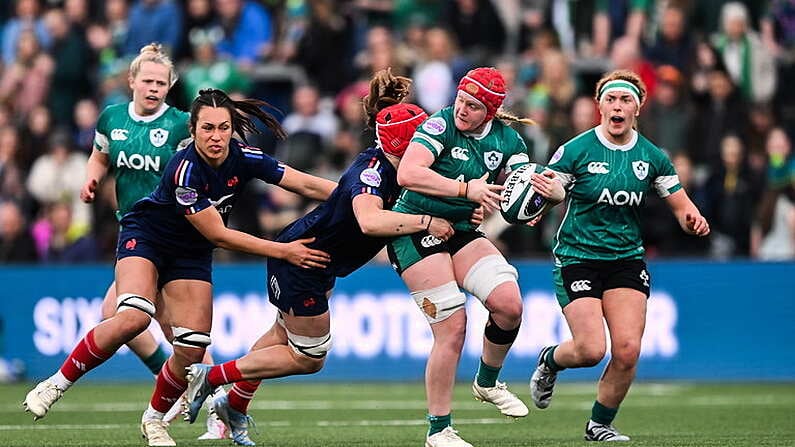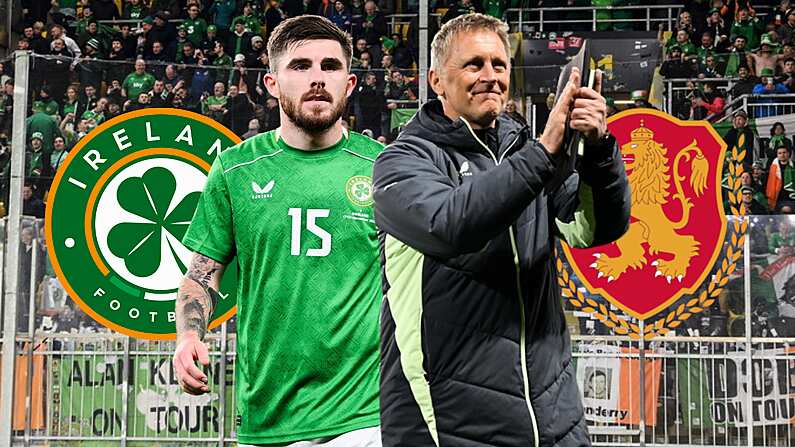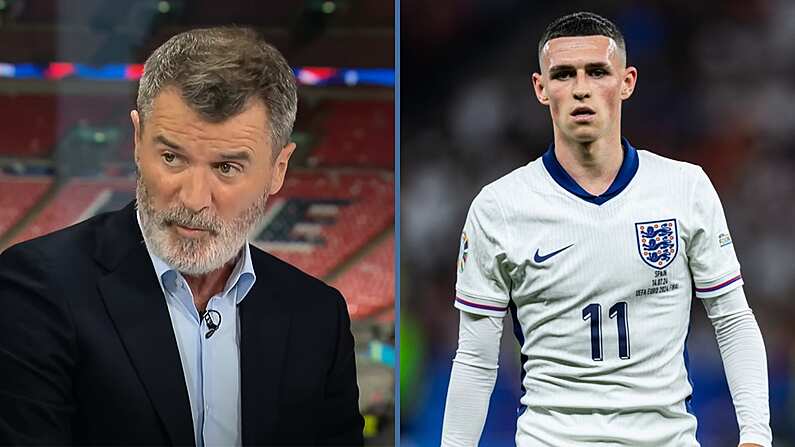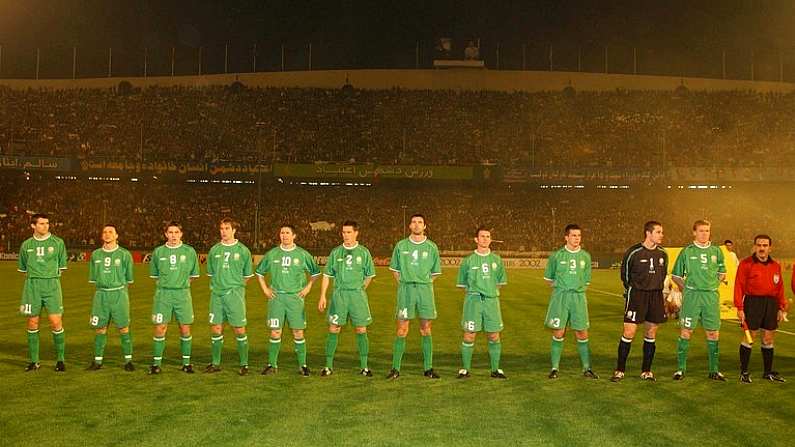As the Champions League group stage approaches the final third, the qualification prospects of the English contingent are mixed. Manchester United's exploits in Turin have given their hopes of emerging from the group a huge boost, while their neighbors City look to have their place in the round of 16 secured. Spurs face an uphill task after taking just four points from their opening four games, while Liverpool's slip-up in Belgrade has left them with plenty of work to do to qualify for the knockout stages.
At the beginning of the season when discussing Liverpool's prospects of mounting a successful domestic title challenge, Gary Neville pointed to the benefits that an early exit from Europe would have for a squad with such a high-intensity playing style. In an interview with The Times, Neville outlined his thoughts on where Jurgen Klopp's priorities should lie this season:
The Champions League - if I was Liverpool, I would kick it into touch. I know that's very hard to do, but if they could go into February, March, April without it, I think they could have a real chance if they had free weeks. Why? I think their method is exhausting for the front three (Salah, Mané and Firminho).
The basic logic of Neville's argument is easy to understand. Liverpool's title challenge in 2014 under Brendan Rogers was aided by a lack of European football during an 11 game winning streak in the spring, bringing them closer to the title than they have ever been in the Premier League era. Now with a more well-rounded squad under Jurgen Klopp that uses stamina and physical power as a key aspect of their game, the idea of focusing solely on one competition during the business end of the season makes perfect sense. But recent history suggests that exiting the Champions League at the group stage does not correspond with Premier League success towards the end of the season.
In the modern era of a Premier League top four determining qualification for the following season's Champions League, an English team has failed to qualify from the group stage on 10 occasions. Only one of those sides went on to win the Premier League that season (Manchester City in 2011/12). Three other English teams have failed in Europe during this period yet managed to finish the season in a higher league position than the previous year, with Spurs in 2016/17 being the only one of those who could be said to have made progress that season, finishing with 86 points in second place. The other two were Manchester United in 2005/06 who despite finishing second, were very much in a slump as they transitioned from the Roy Keane era towards a younger squad, and Chelsea in 2012/13, who having inexplicably won the Champions League the previous year under Roberto Di Matteo were in a state of drift domestically.
That leaves six teams who were dumped out of the Champions League group stages and went on to finish the Premier League in a lower position than the previous year, a rate of 60%. Managing four of those sides, Rafa Benitez (Liverpool 2009/10), Roberto Di Matteo (Chelsea 2012/13), Roberto Mancini (Man City 2012/13) and Louis Van Gaal (Man Utd 2015/16) all lost their jobs either during or at the end of that season.
The contexts of most of these examples may differ from each other in terms of the quality of players, the performance of the managers and the club's level of expectations in each campaign. But the higher rate of European failure being coupled with domestic disappointment suggests that an elimination from one competition can often be symptomatic of a club's trajectory in the league that season.
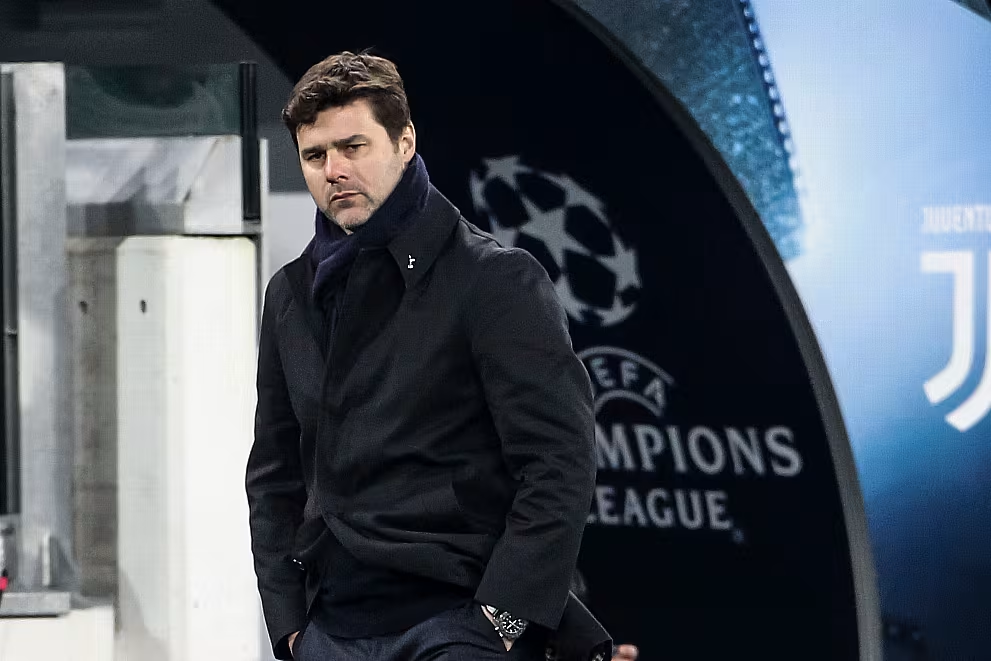
Of all the English sides involved in this year's Champions League, Spurs appear to have the most worrying concerns as their poor performances so far in Group B have added to the negativity surrounding the club in the early part of the season. Despite securing a record points tally in their opening 10 Premier League games, the signs coming from North London are that something of a rot is beginning to set into what is a make or break season for Mauricio Pochettino and their current group of players.
Manchester United are not far behind Tottenham in the 'negative outlook charts', although their hopes of qualifying for the knockout stages are much healthier looking after a huge win away at Juventus. Although their domestic season has been anything but a success thus far, their financial power combined with some world-class if under-performing players suggest that some adjustments in personnel or perhaps management could see them challenging for the top honors in the not too distant future.
For Liverpool, it remains to be seen if dropping out of the Champions League could prove Gary Neville right and leave them in a stronger position to challenge Man City in the title run-in after Christmas. Though finishing third in their group could leave them with the unwanted burden of a Europa League campaign in the new year. Whether Klopp's side progress from Group C or not, it is difficult to make a case for a disappointing Champions League exit not having a negative psychological impact on the club as they try to return the summit of English football. Statistically at least, the suggested silver lining of a European disappointment is less likely to come to fruition.
SEE ALSO: Ronaldo Volley Not Enough As United Complete Smash And Grab Win




